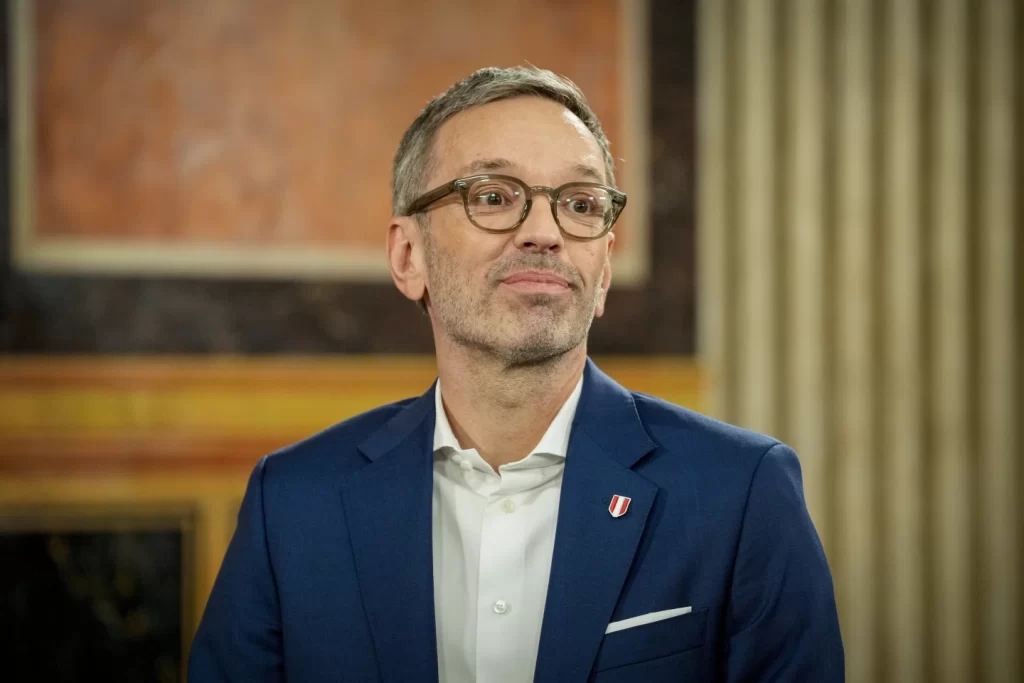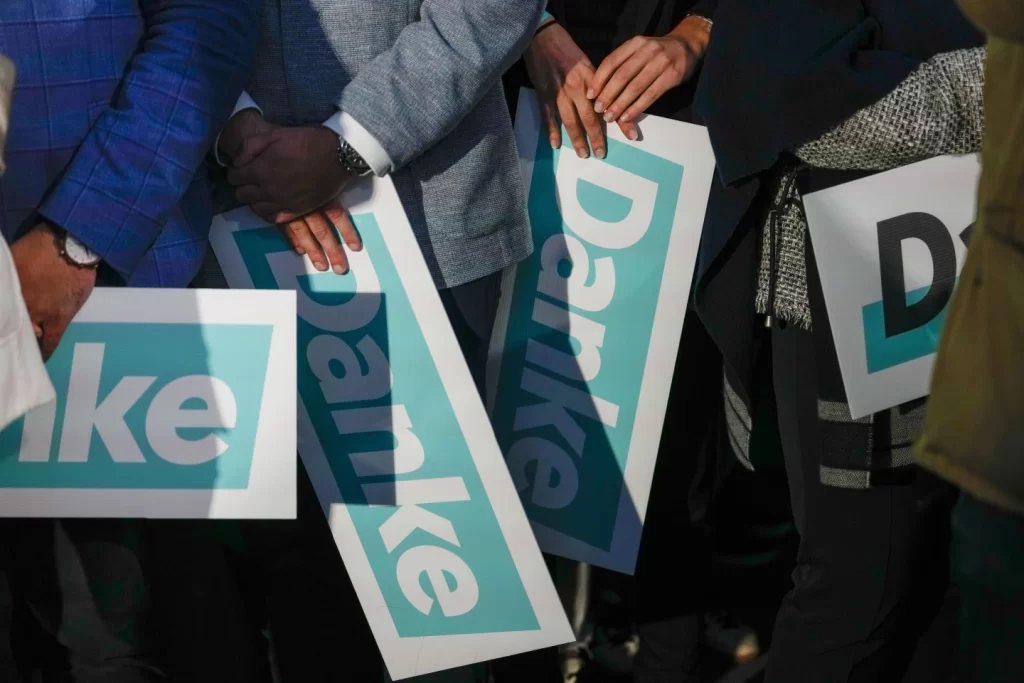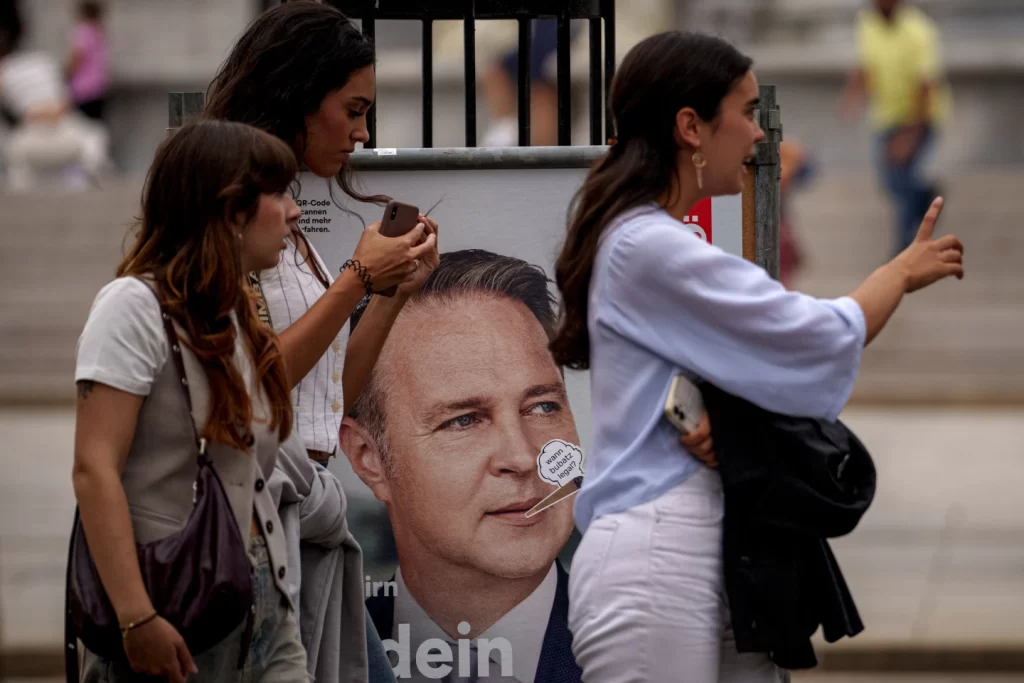Austria’s far-right Freedom Party (FPÖ) appeared headed for its first victory in a national parliamentary election since World War II on Sunday, according to projections based on partial vote counts.

A projection by ORF public television, using about two-thirds of counted votes, showed the Freedom Party leading with 29.1% support, followed by Chancellor Karl Nehammer’s Austrian People’s Party (ÖVP) at 26.3%. The center-left Social Democrats trailed in third place with 21%.
The result, if confirmed, would mark a significant shift in Austria’s political landscape and reflect growing support for far-right parties across Europe.
Herbert Kickl, the Freedom Party’s leader since 2021 and a former interior minister, has expressed his desire to become chancellor. However, forming a government may prove challenging as rivals have stated they won’t work with Kickl.
“We don’t need to change our position, because we have always said that we’re ready to lead a government,” Kickl said in a televised appearance. “The other parties should ask themselves where they stand on democracy.”

The Freedom Party’s surge in popularity has been attributed to several factors, including frustration over high inflation, concerns about the war in Ukraine, lingering resentment over COVID-19 pandemic measures, and worries about migration.
The party’s election program, titled “Fortress Austria,” calls for the “remigration of uninvited foreigners” and achieving a more “homogeneous” nation through tight border controls and suspension of asylum rights via emergency law.
Chancellor Nehammer acknowledged the defeat, calling it “bitter” but noted he had improved his party’s standing from earlier poll predictions. He reiterated his pre-election stance of not forming a coalition with Kickl.
The election saw more than 6.3 million people aged 16 and over eligible to vote for the new parliament in Austria, an EU member with a policy of military neutrality.

This projected result would be the Freedom Party’s best performance in a national parliamentary election, surpassing its 26.9% share in 1999. The party has rebounded significantly since a 2019 scandal that led to the collapse of a coalition government in which it was the junior partner.
The outcome has drawn congratulations from other European far-right leaders, including Geert Wilders of the Netherlands and Alice Weidel of Germany’s Alternative for Germany party.
As vote counting continues, the final results could reshape Austria’s political alliances and potentially influence the country’s stance on key issues such as immigration, EU relations, and support for Ukraine.
AP



